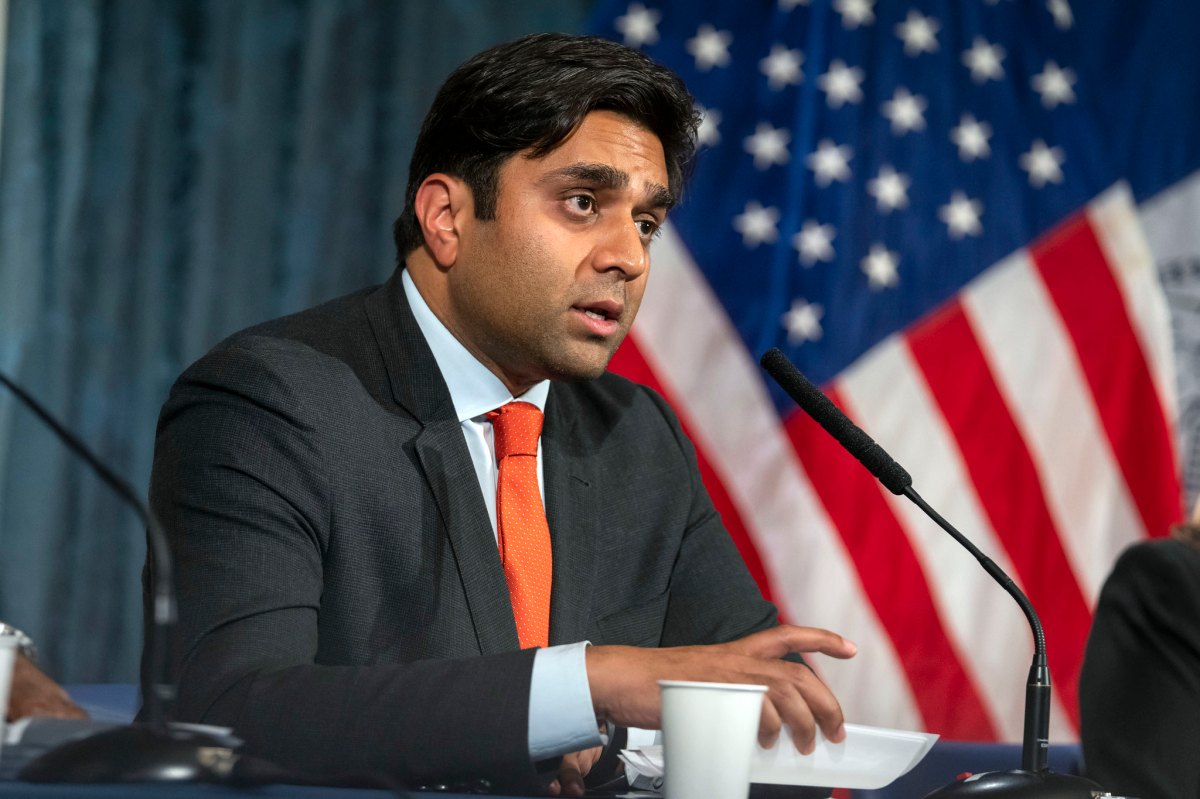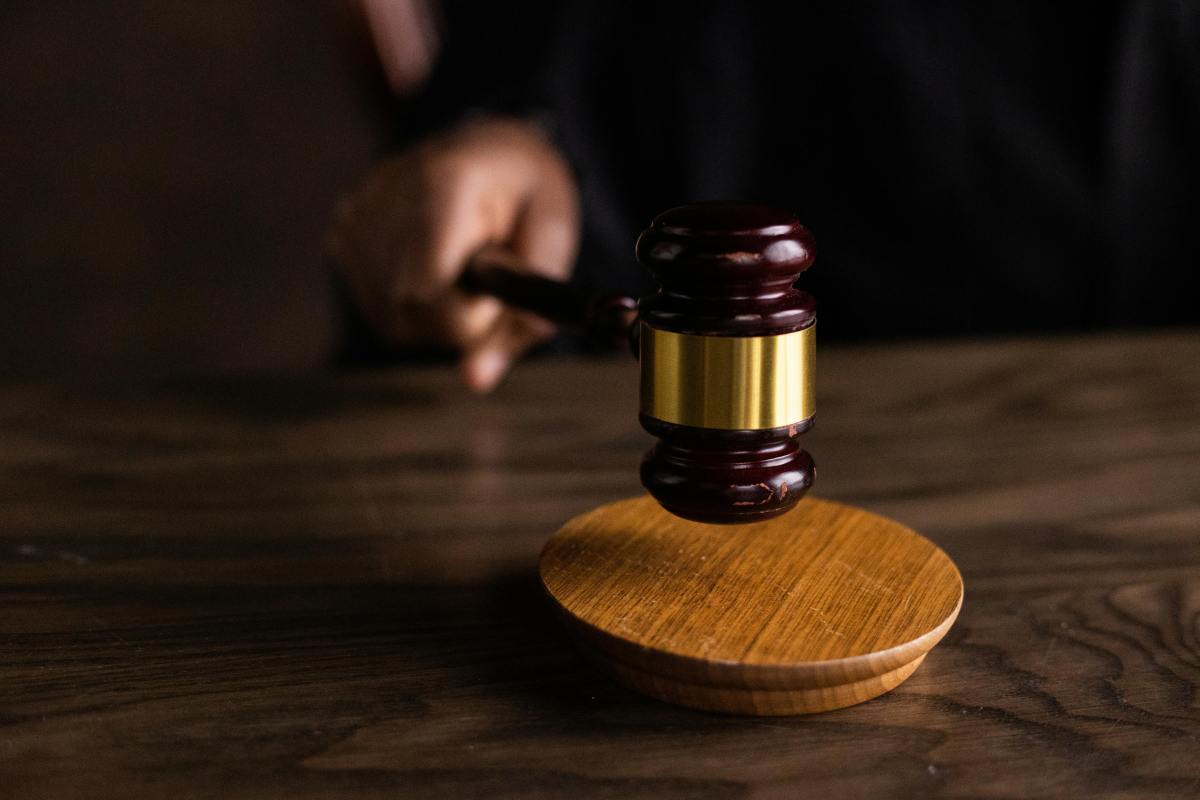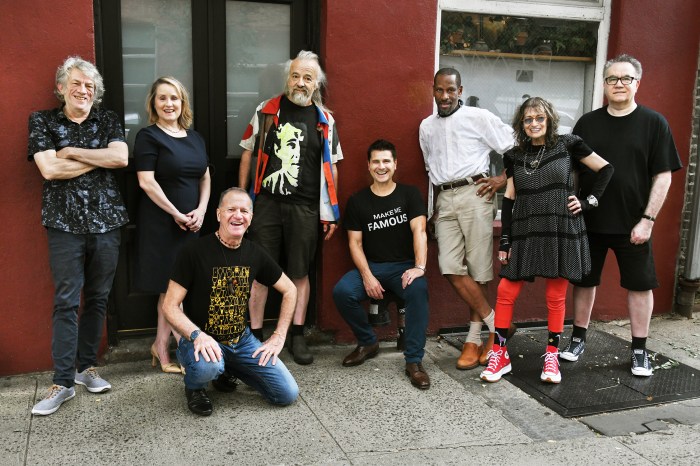By Julie Shapiro
Two days before Councilmember Alan Gerson’s term ended this week, he was still racing between his office and City Hall, attending transition meetings and approving press releases.
Amid packed boxes Tuesday morning, Gerson and his staff fielded phone calls from tenants worried about eviction and small business owners looking for help. Then Gerson headed for City Hall, where he sat in the councilmembers’ lounge finalizing an affordable housing agreement.
“Certain emergencies don’t follow the political calendar and cannot be put off,” Gerson said as his last 60 hours ticked down. “The people of the city of New York are paying me through the end of the year, so they deserve to have me earning my salary.”
Gerson then started to say, “One of the many distortions, one of the many untruths of the campaign — ” but then cut himself short and said, “No, I want to be positive.” Gerson lost his bid for a third term this fall, when Margaret Chin beat him in the Democratic primary. During the campaign, Gerson often found himself on the defensive as Chin and others criticized him, but Gerson did not want to talk about that this week.
Instead, in between saying goodbye to colleagues, Gerson spoke with nostalgia about his eight years in office. Packing up old papers reminded him of his accomplishments, from securing agreements for new schools to resolving noise complaints in his Lower Manhattan district, he said.
Gerson was generally in good spirits but appeared sad at some moments, as when he went to look for his nameplate in a cubbyhole in the Council Chamber.
“They haven’t gotten rid of it yet,” Gerson said with a slight smile as he found it and ran his fingers over his name and the title of the Lower Manhattan Redevelopment Committee, which he chaired. Gerson said perhaps he would take the nameplate with him.
Gerson has no definite plans for the future, beyond taking his first vacation in eight years. He plans to stay involved in the public sector, and has recently hinted at running for office again, but he said that for now he is focusing on finishing up his term.
His Council work has been more than enough to keep Gerson busy this month, as several initiatives he was working on came to the Council floor for a vote. The most significant was legislation to protect the low-income tenants of the Grand Street Guild Houses, a 600-unit Section 8 complex on the Lower East Side.
Under an agreement negotiated by Gerson, the Catholic Archdiocese of New York, which owns the complex, promised last week to keep the apartments affordable for the next 40 years and also agreed to make long-awaited repairs to the complex’s three buildings.
“We literally went down to the wire on this,” Gerson said this week. “It’s a win for the owners, it’s a win for the residents and it’s a win for the cause of preserving affordable housing.”
After drawn-out negotiations, Gerson and the City Council agreed to award the archdiocese $62.5 million in property tax breaks over the next 40 years, which will allow the complex to get $60 million in federal funds for facade work and other repairs. In return, the archdiocese agreed to keep the complex affordable for the same time period, even if the federal government cuts the Section 8 program, which now subsidizes most of the residents’ rents. Section 8 generally caps tenants’ rents at 30 percent of their income.
“We’re hoping they keep their word,” said Dashia Lopez, president of the Grand Street Guild Houses’ tenant association. “The whole property has been left unattended. It’s been like this for a long time.”
Mo Collarusso, 69, a Section 8 tenant, said her apartment flooded twice in the past few weeks, and she slipped on the water and injured her foot.
“Living conditions are deplorable in some of the apartments,” Collarusso said. “It bothers me. Nobody should have to live like that.”
Many of the apartments have mold and asbestos, and tenants have to contend with broken elevators, old appliances and windows that don’t keep out the wind. The planned improvements will fix all of those problems and may also add new amenities, like fitness rooms, according to the agreement.
The tenants and owner have a long history of clashing over maintenance and other issues, and Gerson said one of his main tasks was to build trust between the two sides. Michael Comerford, a lawyer representing the archdiocese, said Gerson was helpful in bridging the gap.
Gerson also got another piece of legislation passed by the Council this month: a bill requiring the city to notify the community about major transportation projects. Chinatown residents and business owners were outraged when the city announced plans to reconfigure Chatham Square last year, because the city gave little information and said the project was a fait accompli.
Gerson’s bill, which Mayor Mike Bloomberg signed into law this week, requires the city to notify the Council and local community board whenever a transportation project will change four blocks, or 1,000 feet, of a street. The city is also required to present the plans upon request and respond to the community’s suggestions.
The law does not give the community as much advance notice as they would like, but it is better than nothing, said Ed Ma, co-chairperson of Community Board 2’s Chinatown Committee. Ma said he originally wanted the city to give four months’ notice before starting projects. Gerson’s law gives the community only two weeks to respond, though the community can buy more time by requesting a presentation from the city.
As Gerson walked around City Hall on Tuesday, he said the transportation bill was an example of his ability to bring both sides of a dispute to the table and forge a compromise.
Gerson’s train of thought was interrupted by a cell-phone call from his office, about a small business owner who needed help navigating the city’s bureaucracy, and then Gerson stopped to say hello to Leticia Remauro, a vice president at the Battery Park City Authority.
“You never know what’s around the bend,” Remauro told Gerson as they hugged goodbye.
Gerson nodded. Then it was time for him to get back to work, but first he wanted to show a reporter one more thing.
“This is the place I’m going to miss the most,” he said, leading the way to the Governor’s Room, an aqua-painted reception space on the second floor of City Hall. An American flag lay folded on a table, ready to be hung from the room’s balcony at the mayor’s inauguration ceremony Jan. 1.
Walking slowly through the space, Gerson narrated the room’s history and pointed out historical relics, including desks once used by Mayor Fiorello La Guardia and George Washington. Gerson joked that he could return to City Hall as a tour guide, and then said seriously that he would miss spending time there.
“Where else do you have George Washington’s desk and La Guardia’s desk in the same room?” he said.




































